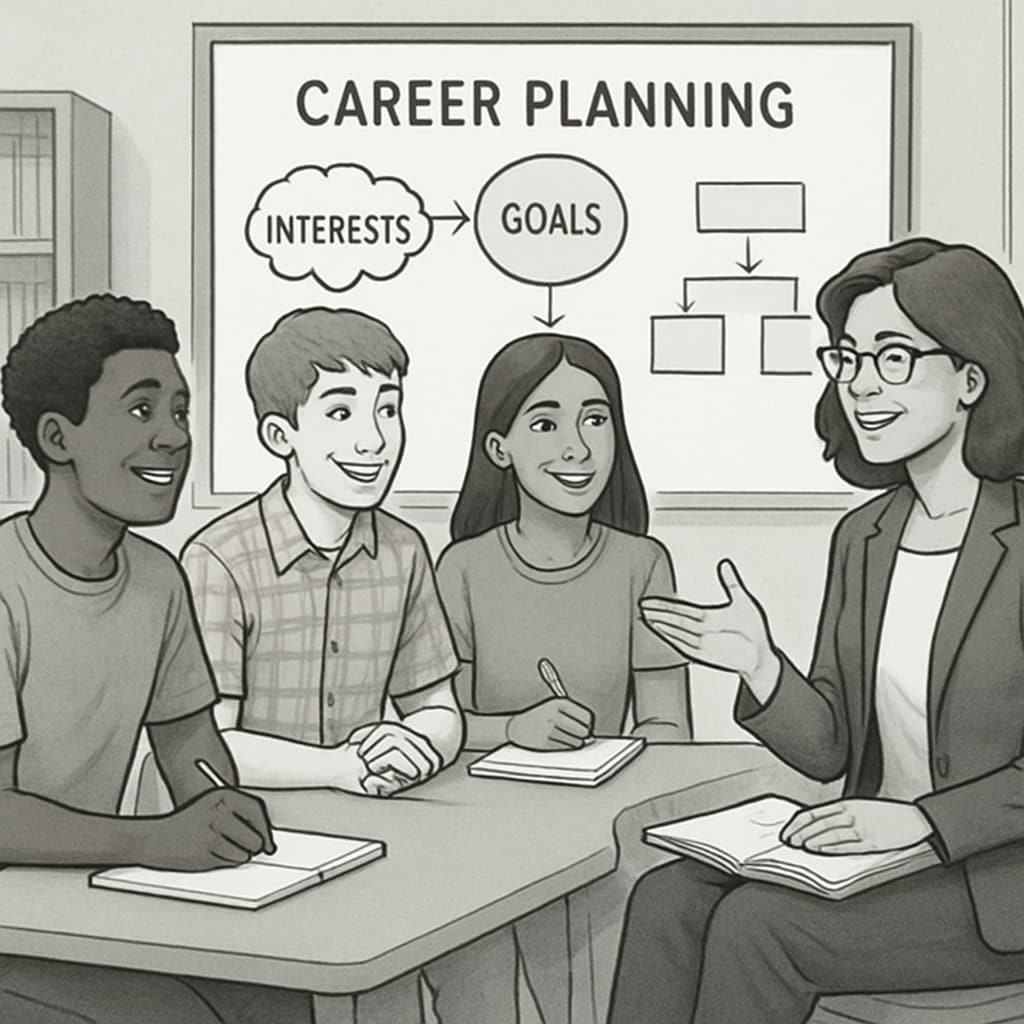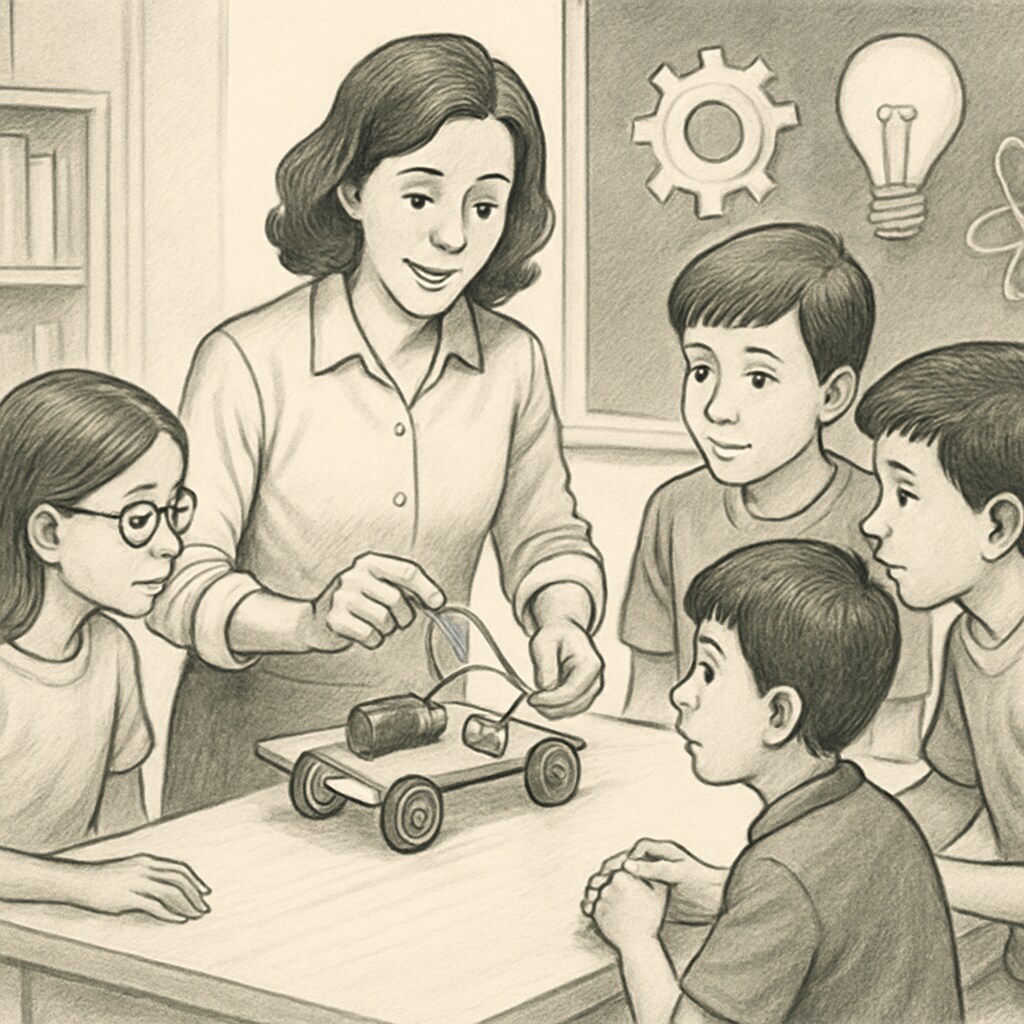Many university students experience a loss of learning motivation, difficulty in connecting with their academic interests, and frequent educational setbacks. These challenges often stem from a lack of career planning and insufficient interest development during their K12 education years. This article delves into the root causes of these issues and proposes the adoption of an “interest-ability-goal” framework to help students establish self-awareness and a clear professional direction early in their educational journey.
Understanding the Roots of Learning Motivation Loss
Learning motivation is critical for academic success, yet many students struggle with it due to unclear goals or mismatched academic interests. According to studies, motivation often wanes when students feel disconnected from their chosen field of study or face repeated academic setbacks. The absence of structured career guidance during K12 education exacerbates these problems, leaving students ill-prepared for the demands of university life.

How K12 Education Impacts Academic Interests
Research shows that early exposure to diverse subjects, hands-on learning experiences, and personalized career counseling can significantly shape students’ academic interests. However, many K12 schools fail to provide these opportunities, leading to a lack of self-awareness and career direction. For example, students often choose university majors based on societal expectations or limited understanding of their own strengths and passions, creating disinterest in their studies later on.
To combat this, schools should invest in programs that align students’ interests with their abilities and long-term goals. Incorporating activities such as personality assessments, mentorship programs, and industry workshops can help students identify their academic preferences and cultivate genuine enthusiasm for their chosen fields.

Building the “Interest-Ability-Goal” Framework
The “interest-ability-goal” framework integrates three critical elements to prepare students for academic and career success:
- Interest: Encouraging exploration across various subjects to discover genuine passions.
- Ability: Assessing and building skills through practical learning experiences.
- Goal: Setting realistic, long-term objectives based on interest and ability alignment.
By implementing this framework in K12 education, schools can help students establish a clearer sense of direction, reducing the likelihood of motivation loss and academic setbacks in university. For example, integrating career planning modules into the curriculum or hosting regular career fairs can offer students valuable insights into potential career paths.
A Call to Action for Educators and Parents
Educators and parents play a pivotal role in fostering students’ learning motivation and academic interests. Schools should actively collaborate with families to ensure students receive personalized guidance. Parents can supplement school efforts by encouraging extracurricular activities that align with their children’s interests, such as music, coding, or sports.
Moreover, schools should leverage external resources and partnerships with organizations that specialize in career development. For instance, platforms like Britannica’s education resources or career assessment tools can provide valuable support in crafting effective programs.
In conclusion, addressing learning motivation loss, academic interest disconnect, and educational setbacks starts with structured interventions during the K12 years. Establishing a robust “interest-ability-goal” framework enables students to build a solid foundation for academic and career success, paving the way for a fulfilling university experience and beyond.


